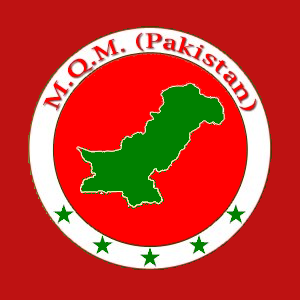Senior MQM Pakistan leader Syed Mustafa Kamal clarified that the youth convention held at Expo Center was non-political and aimed at empowering the youth. He emphasized the significance of e-commerce and announced a special course set to launch on August 14, aimed at encouraging young people to start their own businesses rather than seeking employment. Kamal stressed that the world is a potential market for Pakistan’s youth, who can leverage online platforms for business opportunities.
He also highlighted the launch of the Connect Call Center to guide citizens and expressed gratitude to those who participated in the convention.
Kamal remarked that the event aimed to instill hope among the youth amidst challenging times and called for connecting with the global market rather than relying on the government, which is currently facing difficulties. Addressing the quota system, Kamal urged not to lament its persistence and advised youth to discern true leadership, stating that a leader must be of good character.
He also touched upon the economic issues surrounding Independent Power Producers (IPPs), asserting that the economy cannot stabilize until these agreements are revised. Kamal announced that MQM would launch a nationwide “Green Karachi and Green Hyderabad” tree plantation campaign starting August 1, encouraging everyone to plant at least eight trees in their lifetime. He invited the government, business community, and youth to participate in this initiative. He lamented the poor conditions in Karachi, citing recent incidents such as children falling into open manholes and the lack of timely cleaning of drainage systems. Kamal contrasted the city’s current state with its past status as one of the world’s fastest-growing cities.
He emphasized that Karachi’s progress is vital for Pakistan’s development, urging authorities to give the city an opportunity to contribute positively to the nation. In his remarks, DrFarooqSattar criticized K-Electric’s management, likening it to the worst examples of oppressive regimes. He suggested that if the company remained under government control, its situation might have deteriorated like the Pakistan Steel Mills.









